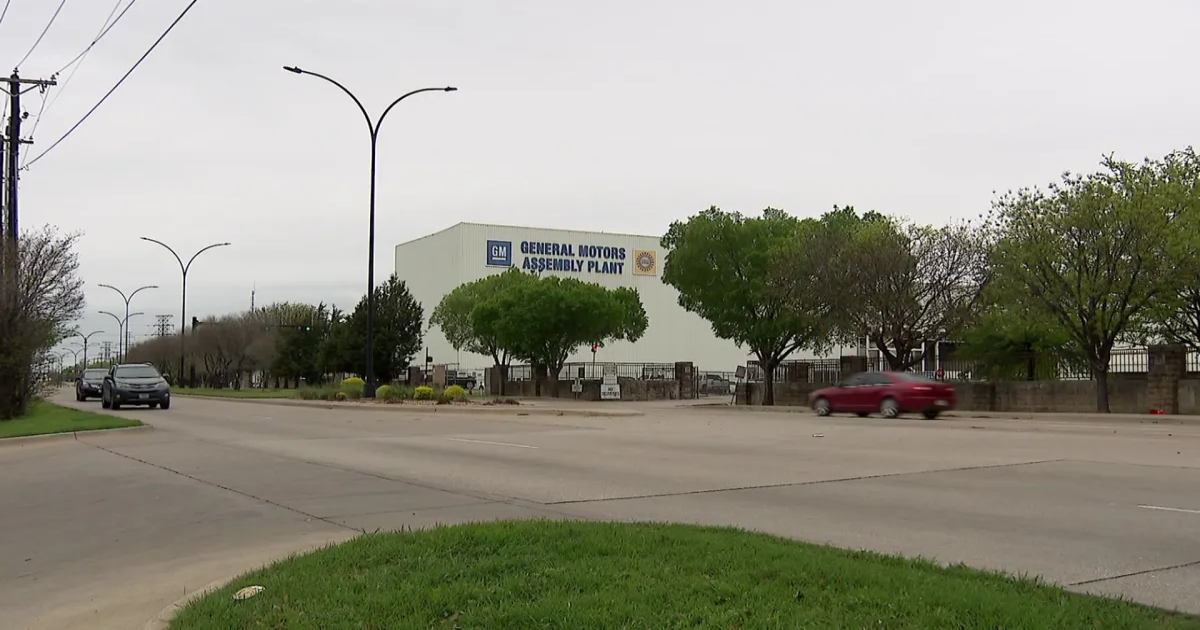Stellantis, the automaker that owns car brands like Dodge, Jeep, and Chrysler, is temporarily shutting down two of its plants in Mexico and Canada due to new U.S. tariffs on imported cars.
The company says it’s pausing production as it tries to determine how to move forward in the face of a new economic landscape.
Another major player in the auto industry has a presence in North Texas, with the General Motors factory in Arlington employing more than 5000 workers.
NBC 5 spoke with experts about how new international tariffs could impact carmakers here in the Metroplex.
President Trump’s 25% tariffs on imported cars and car parts officially took effect on Thursday.
As automakers outside the U.S. weighed their options, some experts told NBC 5 that factories inside the country could still be affected by tariffs.
“There are some pieces of a car that go back and forth between Mexico and the United States seven to eight times,” said financial advisor Ivan Gonzalez.
The latest news from around North Texas.
Some economists said GM may be putting its cars together at its factory in Arlington – but some key pieces can cross international borders repeatedly, getting hit by tariffs and driving up costs.
“It’s good paying jobs also,” Gonzalez said of auto manufacturing plants. “So they’re trying to come up with a solution.”
A solution for automaker Stellantis was to pause production at its factories in Windsor, Canada and Toluca, Mexico.
The company said 900 U.S.-represented workers would be temporarily laid off as it tried to adjust to tariffs.
CNBC reported that General Motors hasn’t cut production at any plants yet. The possibility was cause for concern for some in the Arlington community.
“We would take a major hit,” said Deangelo Perkins, Assistant Community Manager at the Stratton Apartments on Abram Street in Arlington. “It could potentially stop our business as well.”
At the Stratton Apartments, about 1 in 3 residents work across the street at the GM plant.
The complex told NBC 5 that an impact to GM would also hit their bottom line.
“I think with everything that’s going on, it’s definitely going to shake some things up,” said Perkins.
Some economists said a best-case outcome for the U.S. economy could be the President’s vision succeeding, with tariffs ultimately pushing carmakers to build more cars domestically.
“The other countries, they need us way more than we need them,” said Gonzalez. “So they’re going to really negotiate with the current administration and reduce their tariffs.”
NBC 5 reached out to the General Motors plant in Arlington to ask if there are any plans to change operations or staffing levels in response to the new 25% auto tariffs. We’re waiting to hear back.


